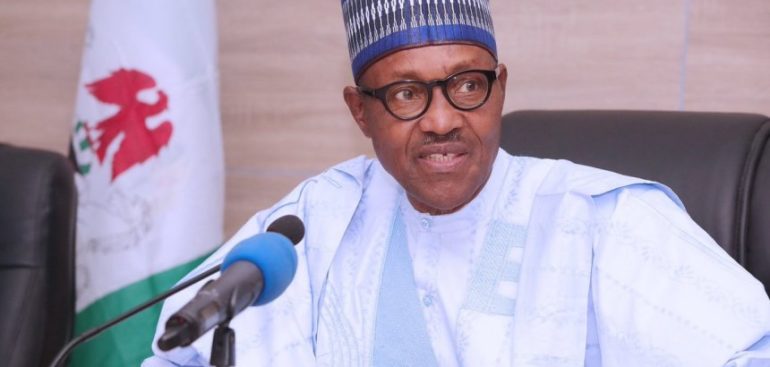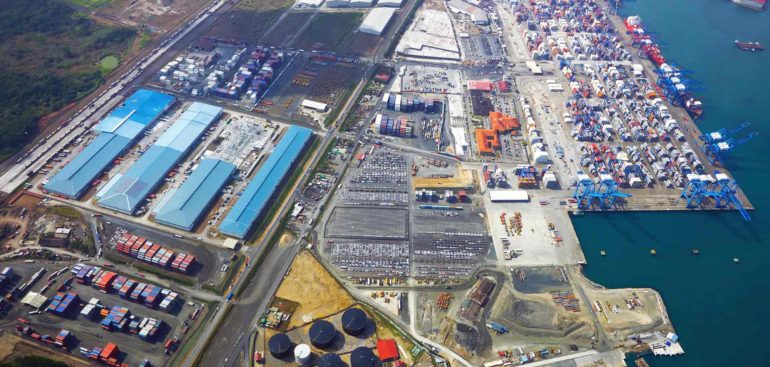- What is a DPCO?
A ‘Data Protection Compliance Organisation’ (DPCO) means any entity duly licensed by the National Information Technology Development Agency (NITDA) for the purpose of training, auditing, consulting and rendering services and products for the purpose of compliance with this Regulation or any foreign Data Protection law or regulation having effect in Nigeria’.
Read More
Introduction
The world’s most popular media company
Facebook, creates no content. The world’s most popular retailer Ali Baba
carries no stock, and the world’s largest accommodation provider, AirBnB, owns
no property.
The above quote is as pertinent as it is trite. Straits Times notes that digitization has led to the emergence of new business models and increased international trade, while removing the need for a company to have physical presence in a country to conduct business with its residents.
Read More
On Tuesday, July 23, President Buhari released the list of his
ministerial candidates. Nigerians breathed a huge sigh of relief as this meant
that certain policies would be implemented, and actions would be taken towards
the achievement of the new administration’s “Next Level” goals.
Read More
FIRST THOUGHTS
I saw the recently released Ministerial List and immediately I heard the news break, a wave of excitement came over me. I had been a little bothered after the inauguration of the new administration since 29th May 2019 about this and considering it was almost two months since then, I had cause to wonder if we would not be seeing a repeat of 2015 where it took about six months before the ministers were named. I believe an economy can only be steered properly when people are at the helm of affairs and every delay in setting this in motion only gives room for uncertainty and a loss of faith in the system.
Read More
- What is Companies Income Tax (CIT)? CIT is tax on the profits of incorporated entities in Nigeria. It also includes the tax on profits of non-resident companies who accrue or derive profits from Nigeria or bring or receive their income in Nigeria. It is therefore commonly referred to as corporate tax. CIT was created by the Companies Income Tax Act (CITA or the Act), it is one of the taxes administered and collected by the Federal Inland Revenue Service (“FIRS” or “the Service”)
Read More
Adamawa State came was created in 1991 and originated from the former Gongola State. The State capital is Yola. The State covers approximately an area of 38,700 square kilometers. It is estimated that the population today is about 4.28 million.
Read More
Abia State came into existence in 1991 with Umuahia as its state capital. The state covers approximately an area of 4,900 square kilometres. It is estimated that the population is about 3.72 million.
Abia’s gender distribution is closely aligned between males and females with about 50.3% males and 49.7% females making up the population. Abia’s age distribution has about 60.1% of its population in the 15-64 age bracket, thus showing a viable labour force and active working population.
Read More
The use of shares options for the payment of goods and services is becoming increasingly common. While some companies use it to manage their cashflow, notably with the use of equity-settled share-based payments, other companies include it as part of the remuneration package of their directors, executives and other employees.
Read More
Ekiti State was created in 1996 and the capital city is Ado Ekiti. The state is bounded by Kwara and Kogi in the north, lies east of Osun State and bounded by Ondo in the South. Ekiti State covers approximately an area of 5,887 square kilometers and is ranked 29th by size among Nigerian states. It is estimated that the population is about 3.27 million.
Read More
On the 28th of June, 2019, news broke out that the Desmond Guobadia-led panel set up by the Federal Government to review the African Continental Free Trade Agreement (AfCTA) had amongst other things, put forward a recommendation that President Buhari should go ahead with signing the free trade agreement which would give Nigerian businesses unfettered access to the over $2.5 trillion dollar African market, and also give other African businesses access to Nigeria’s 200-million population strong market.
Read More
They’re bonuses are awesome, their VIP loyalty program is far superior than any other online casino out there. Diamond 7 does not accept players from the following countries: Afghanistan, Asia, Algeria, Africa, American Samoa, Oceania, Angola, Australia, Austria, Belgium, Bolivia, Bulgaria, Cuba, Denmark, Ecuador, Ethiopia, France, French Guiana, French Polynesia, French Southern Territories, Germany, Ghana, Guam, Guyana, Indonesia, Iran, Iraq, Israel, Italy, Kenya, Lao People's Democratic Republic, Latvia, Myanmar, Nigeria, Norfolk Island, Northern Mariana Islands, Pakistan, Panama, Papua New Guinea, Poland, Romania, Russian Federation, Sao Tome and Principe, Singapore, Singapore, South Africa, Spain, Sri Lanka, Sri Lanka, Sudan, Syrian Arab Republic, Tanzania, United Republic of, Tanzania, United Republic of, Thailand, Turkey, Turkey, Uganda, Uganda, United States, United States, United States Minor Outlying Islands, Viet Nam, Viet Nam, Virgin Islands, U. Don’t forget to use your 205% deposit match bonus code too https://nejlepsionlinekasina.net/. Feb 20 came and went with no fanfare and, more importantly, no new casino.










